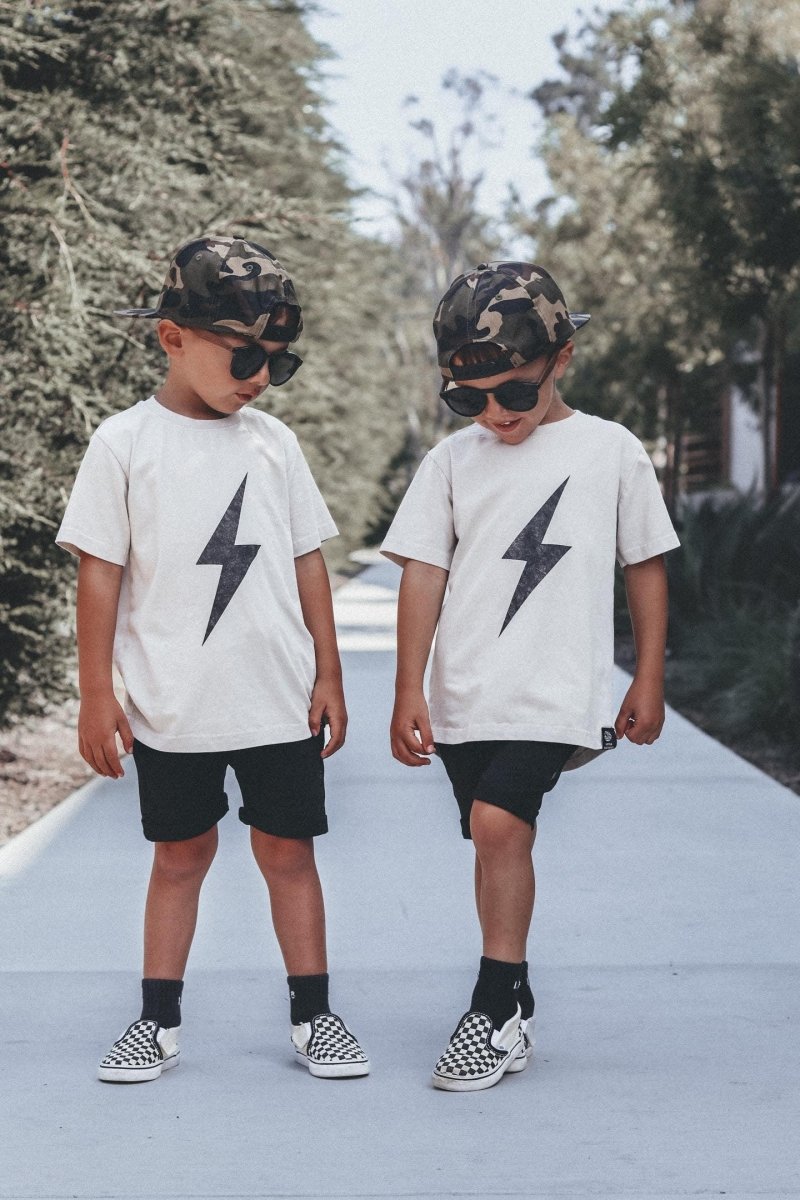Safe Sunscreens for Kids
As parents, we prioritize our children's safety and well-being, especially when it comes to protecting their delicate skin from the harmful effects of the sun. With so many sunscreen options available, it's essential to choose a product that is safe and effective. In this blog post, we'll explore the importance of sunscreen for kids and provide a guide to selecting safe sunscreens that offer optimal protection without compromising their health.
Why Sunscreen Matters: The sun's ultraviolet (UV) rays can damage the skin and increase the risk of sunburns, premature aging, and even skin cancer later in life. Children, in particular, have sensitive skin that is more susceptible to sunburns and long-term damage. Applying sunscreen is crucial for safeguarding their skin during outdoor activities, whether it's a day at the beach, a picnic in the park, or playing sports.
Choosing Safe Sunscreens: When it comes to selecting a sunscreen for your child, keep the following factors in mind:
-
Broad-Spectrum Protection
-
SPF Rating.
-
Physical vs. Chemical Sunscreens
-
Skin Sensitivity
-
Water-Resistant Formulas
-
Check Expiration Dates
My Favorite Sunscreens for Kids
- Thinkbaby Safe Sunscreen
- Babyganics Mineral-Based Sunscreen
- Blue Lizard Australian Sunscreen
- Aveeno Baby Continuous Protection Sensitive Skin Sunscreen
- Neutrogena Pure & Free Baby Mineral Sunscreen
- Badger Kids Sunscreen Cream
Protecting your child's skin from the sun is essential for their long-term health and well-being. By choosing safe sunscreens that offer broad-spectrum protection, have an appropriate SPF rating, and consider your child's skin sensitivity, you can ensure they enjoy outdoor activities while minimizing the risks of sun damage. Remember to apply sunscreen generously and reapply regularly, and combine it with other sun protection measures like seeking shade and wearing protective clothing. Together, we can keep our little ones safe under the sun.
Disclaimer: This blog post is for informational purposes only and should not substitute professional medical advice. Consult your pediatrician or dermatologist for personalized sunscreen recommendations for your child's specific needs.




Comments